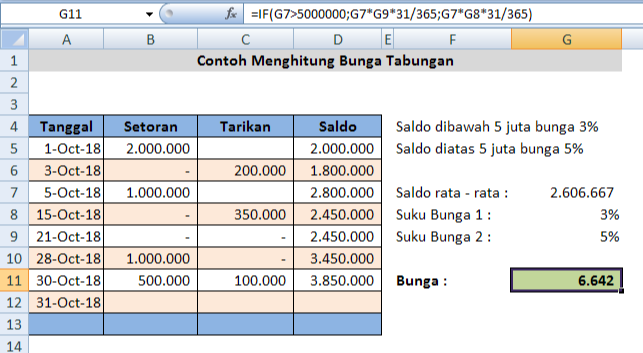Our kidneys, those silent workhorses of our bodies, are constantly filtering waste products from our blood. A delicate balance of electrolytes, fluids, and waste removal keeps our system running smoothly. But how do we know if our kidneys are functioning optimally? One critical clue lies in understanding the relationship between two waste products: blood urea nitrogen (BUN) and creatinine.
The BUN/creatinine ratio, a simple blood test calculation, provides valuable insights into kidney function. While both BUN and creatinine are filtered by the kidneys, their levels can fluctuate independently due to factors like diet, hydration, and muscle mass. It's the ratio between these two markers that paints a more accurate picture of kidney health.
Imagine your kidneys as a filtration system, diligently removing impurities from your bloodstream. BUN, a byproduct of protein breakdown, and creatinine, a waste product from muscle metabolism, are two substances that pass through this filter. By comparing their levels, we gain a deeper understanding of the kidneys' efficiency in removing these waste products.
Historically, assessing kidney function relied on measuring urine output and analyzing its contents. However, these methods lacked sensitivity in detecting early kidney dysfunction. The discovery of BUN and creatinine as reliable markers revolutionized kidney health assessment. The ability to measure and interpret the BUN/creatinine ratio marked a significant advancement in diagnosing and monitoring kidney disease.
Understanding and monitoring your BUN/creatinine ratio is paramount for maintaining kidney health. An abnormal ratio can be an early warning sign of kidney disease, allowing for timely intervention and management. Early detection is crucial for slowing disease progression and preventing complications.
Advantages and Disadvantages of Monitoring BUN/Creatinine Ratio
| Advantages | Disadvantages |
|---|---|
| Early detection of kidney disease | Can be influenced by non-kidney factors (diet, hydration) |
| Monitoring treatment effectiveness | May not be accurate in all individuals (e.g., those with muscle wasting) |
| Non-invasive and relatively inexpensive test | Requires interpretation in the context of other clinical findings |
While monitoring the BUN/creatinine ratio is a valuable tool, it's essential to remember that it's just one piece of the puzzle. A comprehensive approach to kidney health includes regular checkups, maintaining a healthy lifestyle, and addressing any underlying conditions that may impact kidney function.
Understanding the language of your body, particularly when it comes to vital organs like the kidneys, empowers you to take control of your well-being. By paying attention to indicators like the BUN/creatinine ratio, you embark on a proactive journey towards lifelong kidney health.
Red aesthetic color outfits from runway to reality
Elevating exterior aesthetics with pavestone sw 7642
Elevated grooming discovering the perfect haircut for the modern man
Ureum Adalah Zat Sisa Pemecah Protein Simak Penjelasannya Lebih Lanjut - Khao Tick On
cara menghitung bun dari ureum - Khao Tick On
(DOC) Cara Mudah Menurunkan Kadar Ureum dan Kreatinin - Khao Tick On
[Updated] BUN Creatinine Ratio Calculate for PC / Mac / Windows 7,8,10 - Khao Tick On
Download Celebrity Cara Delevingne HD Wallpaper - Khao Tick On
cara menghitung bun dari ureum - Khao Tick On
Pengenalan makna hasil laboratorium rutin pada peserta prolanis.pptx - Khao Tick On
Mr Dari Urea Berkas Sekolah - Khao Tick On
Doamnă pătrat sacru blood urea nitrogen calculation inoxidabil orez căli - Khao Tick On
Pemeriksaan Glukosa Urin Metode Benedict - Khao Tick On
Cara Menghitung Tabel Distribusi Frekuensi Kumulatif - Khao Tick On
Cara Menurunkan Kadar Ureum Tinggi dalam Tubuh - Khao Tick On
cara menghitung bun dari ureum - Khao Tick On
Menghitung Bunga Tabungan Bank Dengan Rumus Dalam Microsoft Excel - Khao Tick On
cara menghitung bunga deposito bank, cara menghitung bunga deposito - Khao Tick On



![[Updated] BUN Creatinine Ratio Calculate for PC / Mac / Windows 7,8,10](https://i2.wp.com/is3-ssl.mzstatic.com/image/thumb/PurpleSource112/v4/30/d4/73/30d47357-f922-c91b-6c07-c78b136c47d0/02603cc1-4cb5-4fd2-bbb8-15f1e86aab45_1.jpg/392x696bb.jpg)










